The report addresses ten thematic areas within Chapter 27, focusing on the implementation of the remaining obligations from the National Strategy, which is now an integral part of the Action Plan for meeting the closing benchmarks in Chapter 27 – Environment and Climate Change.
Ahead of the European Green Week, Coalition 27 presented the Shadow Report for Chapter 27: “Progress on Hold,” aiming to provide an overall picture of Montenegro’s progress in the EU accession process from January 2022 to May 2023, regarding the improvement of the environmental protection and climate change situation.
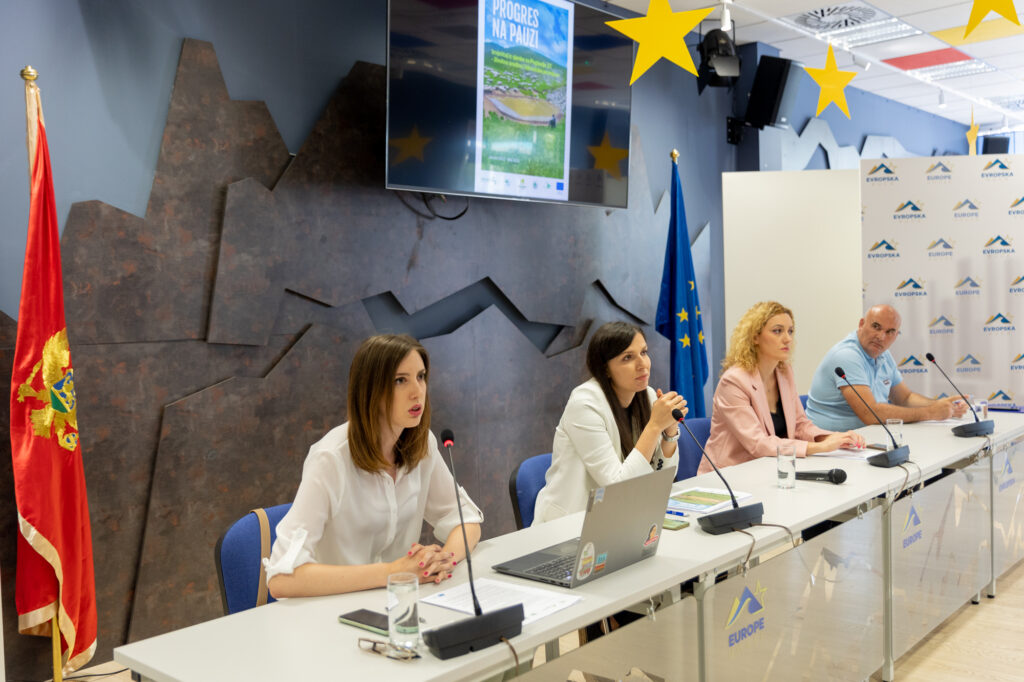
The assessment of the implemented activities in this field is already implied in the report’s title, “Progress on Hold” (draft). Aside from analysing substantial issues, the report also includes a set of recommendations to strengthen the process of transposing and implementing the EU legislation covered by Chapter 27.
The preparation of the Report was coordinated by Milica Kandić, an external expert who presented the methodology and a comprehensive overview of the report.
Regarding the sub-area of Nature Protection, the Report showed some of the progress made in this field, stated Ksenija Medenica from the Centre for the Study and Protection of Birds of Montenegro.
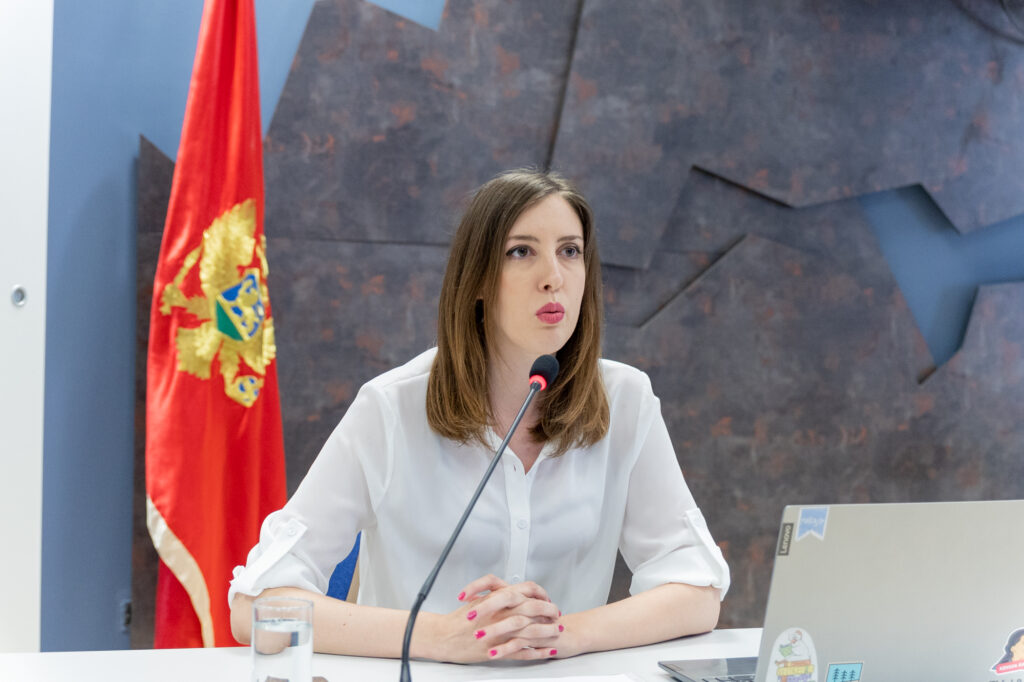
“This progress primarily manifests itself when initiating the process of amending the Law on Nature Protection and the Law on Forests, which should be adopted as soon as possible,” Medenica said.
However, despite some of the progress, Montenegro’s nature is under threat, and it is necessary to address the numerous problems in this area.
“First and foremost, the management of protected areas stands out as a problem. Montenegro’s national parks have been without management plans since 2020. They are currently in preparation, but it is paradoxical that they will be adopted in the second half of this year for the period from 2020 to 2025. It is encouraging that the preparation of plans has finally been approached in a thorough manner, so we hope for quality documents and their implementation in the near future,” Medenica stated.
She emphasised that the protected areas, in addition to poor management, are also threatened by unplanned constructions.

As in previous years, the Ulcinj Salina issues hold a special place in the report. The unresolved issue of the management structure, four years after its designation as a protected area, is the main obstacle to implementing measures for its protection. Additionally, in the past year, the relevant Ministry of Agriculture has done absolutely nothing to address the poaching issues.
Azra Vuković, from the NGO Green Home, commented on the subfield of Waste Management, stating that the adoption of the new Law on Waste Management has been delayed by five years.
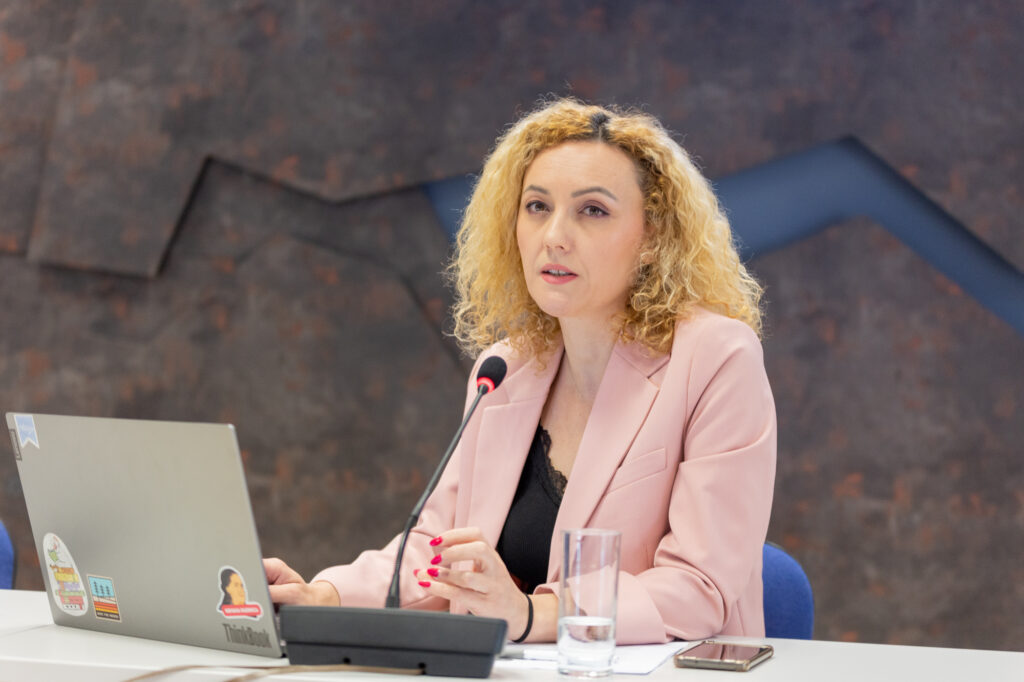
“Furthermore, the State Waste Management Plan for Montenegro 2023-2028 has not been adopted yet. The implementation of local waste management plans is at a very low level or nonexistent. It is estimated that 25,000 tonnes of waste are disposed of in the unregulated Mislov dumpsite annually.”
Aside to the evident problems, recycling centres exist in Podgorica, Herceg Novi, Kotor, and Žabljak, in addition to recycling yards.
Miodrag Karadžić, from the Association of Young Ecologist of Nikšić and North Land, presented the subfield of Air and Water Quality.
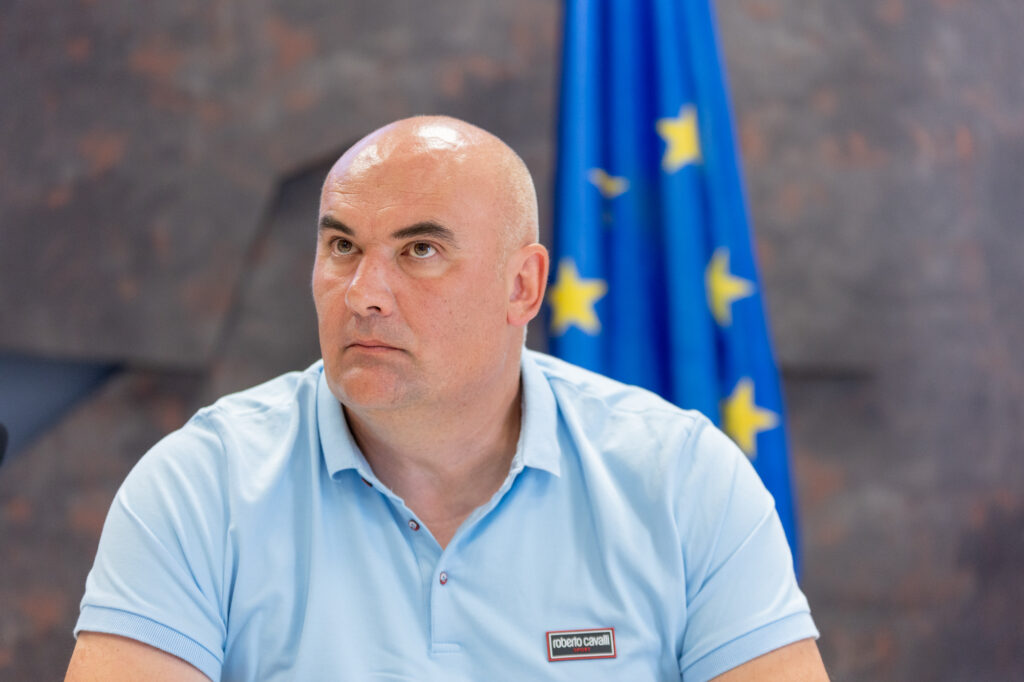
The general overview of the water quality subfield shows that the legislation is fully aligned with EU legal provisions (the Law was adopted in 2007, amended and supplemented in 2015 and 2018).
“However, the register of important waters for Montenegro has not been developed, nor has it been established for locally important waters. The water information system, as well as state and local Operational plans for the protection of waters from accidental pollution for important waters, have not been established either,” Karadžić explained.
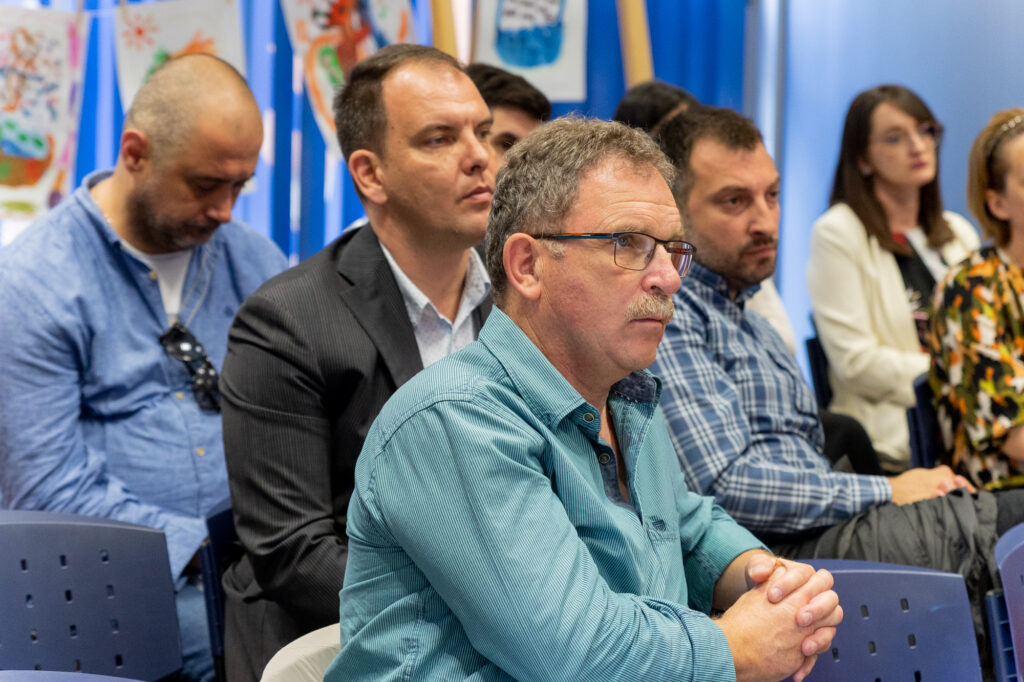
According to Karadžić, based on the findings of the Montenegro State Audit Institution, sewage sludge is mostly stored on facility premises, although its application is defined by the Law on Waste Management and the Regulation on detailed conditions for municipal sewage sludge. There are no state-level or local plans for sewage sludge management, which would define the treatment and handling procedures.
The report lists several key recommendations concerning the water quality subfield.
Regarding the air quality, the general overview shows that the National Air Quality Strategy for the period 2021-2029, along with the Programme of Measures for reducing emissions covered by the NEC Directive, has not been adopted in a planned manner.
“The establishment of a polluter register has not been implemented, thus adequate data on air pollutants are not available. Polluters do not conduct monitoring and do not provide reports on conducted monitoring to local self-governments and the Agency. There is no monitoring of indoor air quality or assessment of cumulative impacts of pollution on public health,” Karadžić said.
In March 2021, Montenegro submitted an analysis of economically viable emission control strategies for 2020 and 2030 to the European Commission, which serves as the basis for the final agreement between the EU and Montenegro on its emission reduction obligations under the NEC Directive. In January 2022, the European Commission green lighted this document with a recommendation that Montenegro should define emission reduction obligations in line with the National Energy and Climate Plan, which, to this day and almost two years later, has still not been adopted.
Karadžić sees the achievement of the prescribed air quality in all zones as the biggest challenge in the air quality field.
The report was prepared as part of the project “Empowering Civil Society Participation in the Environmental Sector in the EU Accession Process (4E),” which is financially supported by the European Union through the Civil Society Facility 2021 and the Thematic Programme on Human Rights and Democracy 2021.
